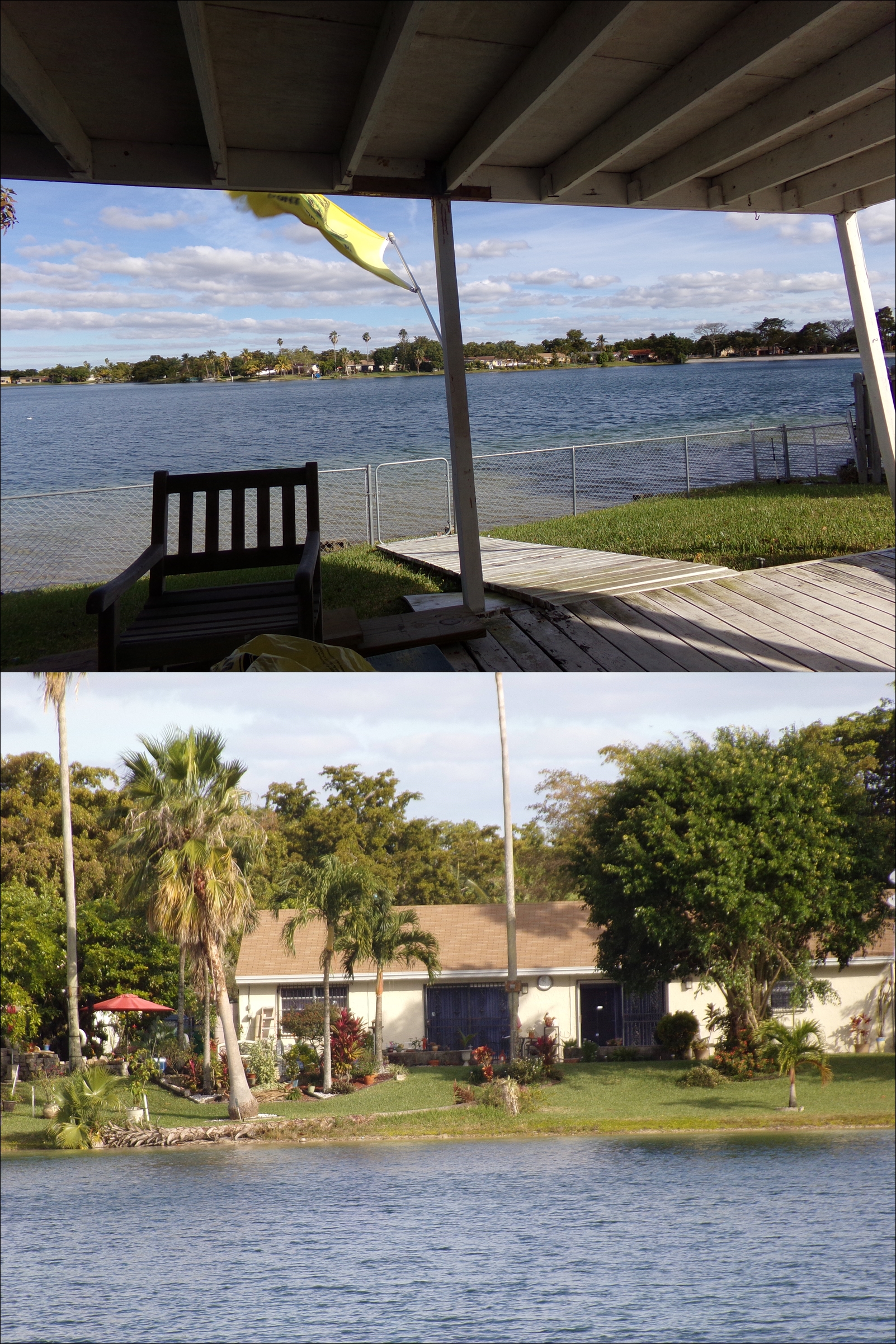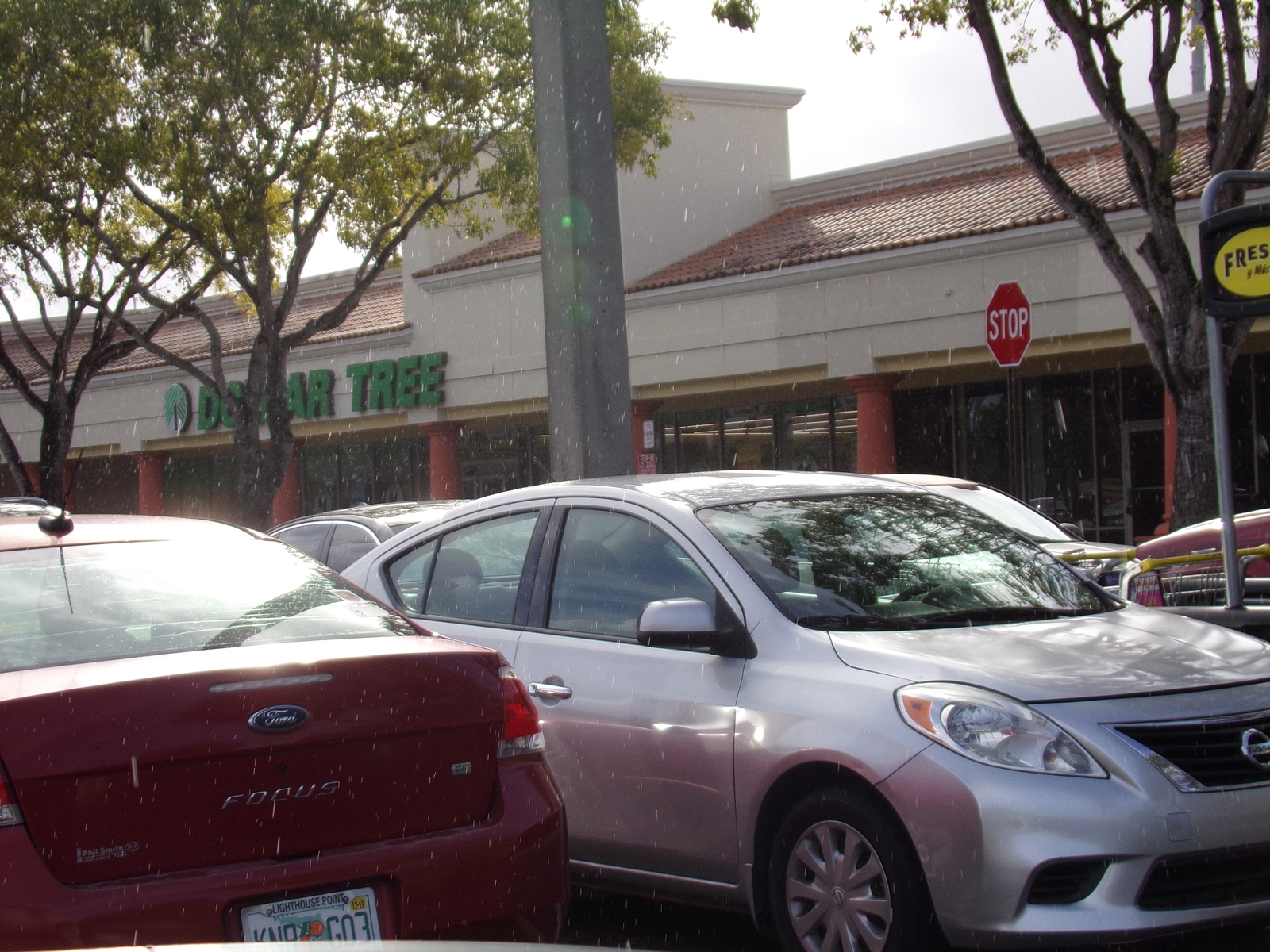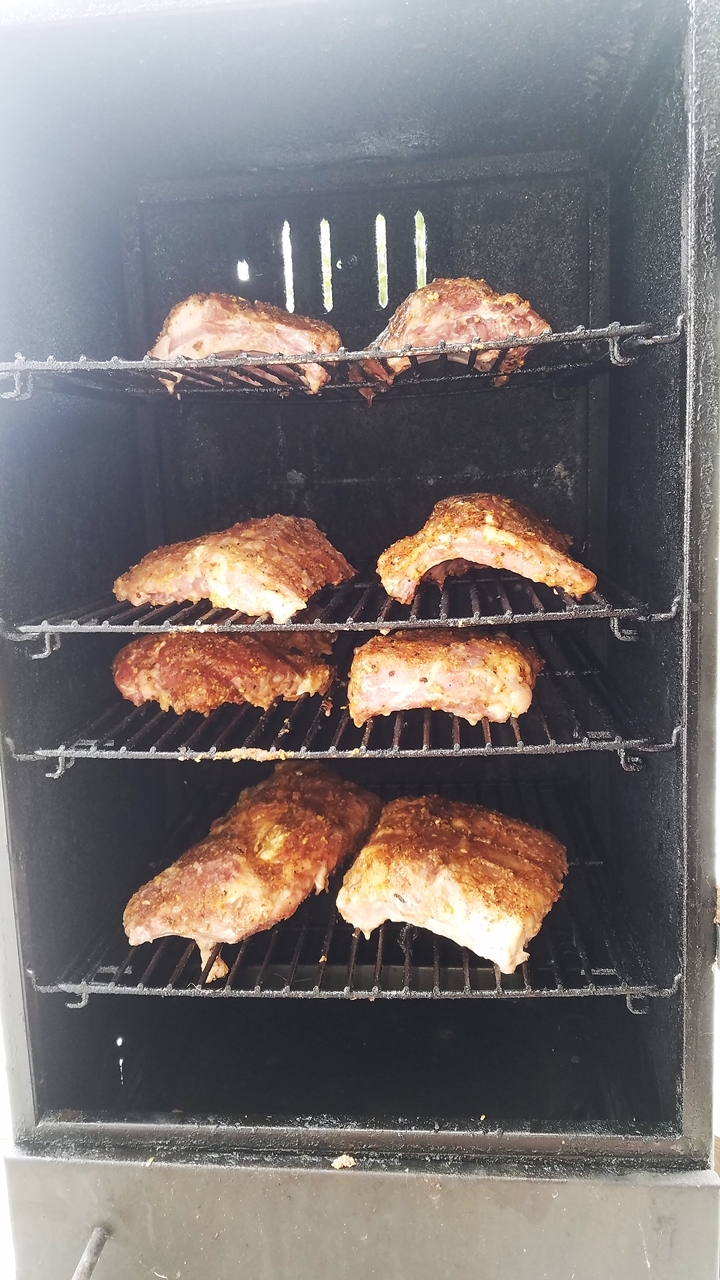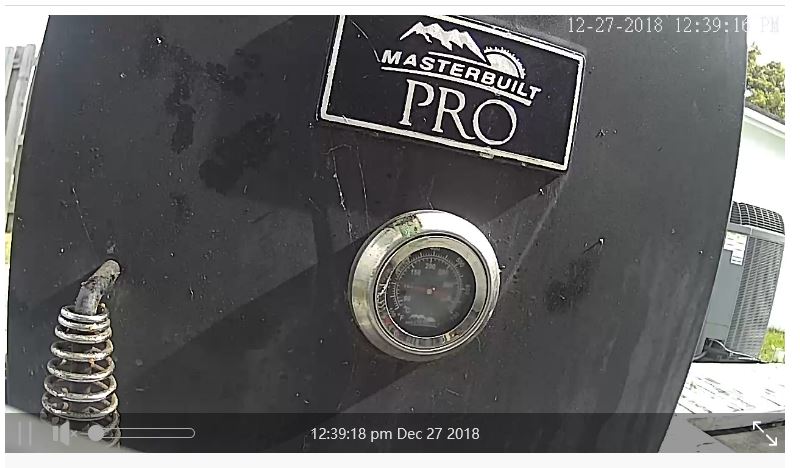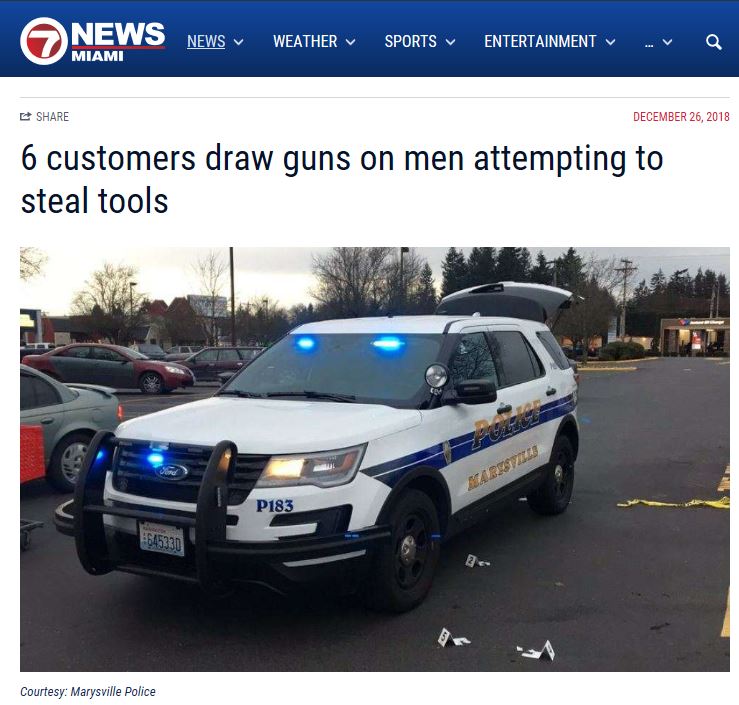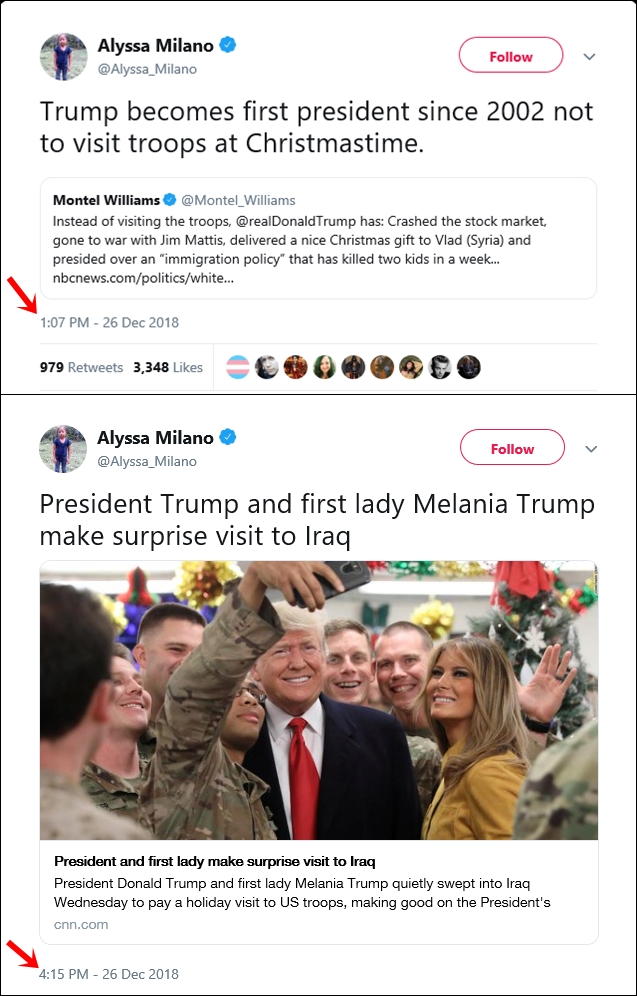I know this story is a few days old, but I’ve been on vacation visiting my inlaws for Christmas and haven’t had any time to write.
Way back in February of this year I wrote a post about a New York Times article titled How Banks Could Control Gun Sales if Washington Won’t.
The gist of the article was that The New York Times thinks that credit card companies should undermine our constitutional rights by denying purchases of assault weapons.
The New York Times, some ten months later, won’t let this idea of using credit cards to push an anti-gun agenda die.
How Banks Unwittingly Finance Mass Shootings
Really, how?
The New York Times reviewed hundreds of documents including police reports, bank records and investigator notes from a decade of mass shootings. Many of the killers built their stockpiles of high-powered weapons with the convenience of credit. No one was watching.
That is a pretty ominous statement right there. That’ grabbed my attention. I’ll bite.
Two days before Omar Mateen killed 49 people and wounded 53 more at the Pulse nightclub in Orlando, he went on Google and typed “Credit card unusual spending.”
That’s not a strange thing to search for.
Mr. Mateen had opened six new credit card accounts — including a Mastercard, an American Express card and three Visa cards — over the previous eight months. Twelve days before the shooting, he began a $26,532 buying spree: a Sig Sauer MCX .223-caliber rifle, a Glock 17 9-millimeter semiautomatic pistol, several large magazines, thousands of rounds of ammunition and a $7,500 ring for his wife that he bought on a jewelry store card. His average spending before that, on his only card, was $1,500 a month.
A SIX MCX goes for about $1,500, a Glock 17, about $550, AR-15 mags are $10-15 a piece, Glock Mags are $25 each. Bulk 9mm goes for $100 for 500 rounds and bulk 223 is $200 for 500 rounds. That is average price, I’ve seen cheaper on line, especially for the Russian steel case stuff, but if you go to Cabela’s or Wal-Mart, that’s about average for American Eagle or Winchester white box.
All in all, I’m guessing Mateen spent less than $3,000 on guns and ammo, a lot less than the $7,000 ring. That’s not a terribly expensive purchase in terms of guns and ammo.
His web browsing history chronicled his anxiety: “Credit card reports all three bureaus,” “FBI,” and “Why banks stop your purchases.”
He needn’t have worried. None of the banks, credit-card network operators or payment processors alerted law enforcement officials about the purchases he thought were so suspicious.
And The New York Times wants to change that.
Mass shootings routinely set off a national debate on guns, usually focused on regulating firearms and on troubled youths. Little attention is paid to the financial industry that has become an instrumental, if unwitting, enabler of carnage.
Given among the leading causes of death in America are heart disease, cancer, and diabetes, I wonder what role the financial industry has as an “unwitting, enabler of carnage” letting us by fast food, cigarettes, alcohol, and soda. There were over 37,000 deaths in car accidents in 2016, I wonder how car loans factored into he financial industry that has become an instrumental, if unwitting, enabler of highway carnage.
A New York Times examination of mass shootings since the Virginia Tech attack in 2007 reveals how credit cards have become a crucial part of the planning of these massacres. There have been 13 shootings that killed 10 or more people in the last decade, and in at least eight of them, the killers financed their attacks using credit cards. Some used credit to acquire firearms they could not otherwise have afforded.
The New York Times discovers that people make expensive purchases by credit card. Give them the Pulitzer.
Seeing how debt is a major problem in America, maybe limiting credit purchases for social engineering should be embraced. Just how much better off would the poor be if they weren’t tempted to buy big TV’s or other luxury goods they couldn’t afford and get caught in the crippling spiral of credit card debt.
Those eight shootings killed 217 people. The investigations undertaken in their aftermath uncovered a rich trove of information about the killers’ spending. There were plenty of red flags, if only someone were able to look for them, law enforcement experts say.
I don’t like where this is going.
“Banks will complain this is the government’s job and it’s not our job, but you know what? They are the only ones with the ability to do this,” said Kevin Sullivan, a former New York Police fraud investigator who consults with banks as president of the Anti-Money Laundering Training Academy.
Trust that it is someone with the NYPD to believe that if the government can’t be tyrannical enough, than the private sector needs to be more tyrannical.
And yes, it’s not the banks’ job to regulate our lives.
After the shooting last February at Marjory Stoneman Douglas High School in Parkland, Fla., where 17 students and staff members were killed, this column suggested that financial firms had an opportunity to help reduce violence by pushing for more responsible practices by the gun industry. As a result, some banks ended their relationships with gunmakers and some investors pushed manufacturers for more transparency.
And that has proven to be a bad idea.
Financial firms have so far resisted changing the way they deal with the sale of guns.
Banks and credit-card networks say it is not their responsibility to create systems to track gun purchases that would allow them to report suspicious patterns.
“We do not believe Visa should be in the position of setting restrictions on the sale of lawful goods or services,” said Amanda Pires, a Visa spokeswoman. “Our role in commerce is to efficiently process, protect and settle all legal payments. Asking Visa or other payment networks to arbitrate what legal goods can be purchased sets a dangerous precedent.”
Yes, yes it does. It begs the goverment to come in and regulate more than they do now.
Visa, by the way, was the manager for the Cabela’s Club credit card. It is now a MasterCard managed by Capital One since the merger with the Bass Pro Shops Club card.
I’m pretty sure isn’t not in the best interests of Capital One to limit the gun buying purchases of its Cabela’s and Bass Pro Shops Club members.
A spokesman for Mastercard echoed that sentiment, emphasizing its protection of “cardholders’ independence” and the “privacy of their own purchasing decisions.”
But the financial industry is uniquely positioned to see, if it chose to do so, a potential killer’s behavior in a way that retailers, law enforcement officials, concerned family members or mental health professionals cannot.
Remember when Delta cut ties with the NRA and Georgia law makers decided not to renew the tax cut to Delta on fuel at ATL, costing Delta $40 Million?
There are politicians who don’t like it when the private sector screws with guns rights. These poiticians in Georgia are not alone.
Louisiana Bars Banks From $600M Deal Because of Gun Policies.
Gun News of the Week: Senate Republicans to Censure Banks that Discriminate Against Gun-Makers, Sellers.
Or even the banking industry trade magazine take Gun issue is a lose-lose for banks (whatever their stance).
The industry doesn’t want to involve itself in this because it knows it will get screwed to the wall.
For the New York Times, forget that, the credit cards companies should be compelled to regulate what they don’t want and not worry about the inevitable backlash.
A little more than a month before James E. Holmes killed 12 people and injured 70 others at a Century 16 movie theater in Aurora, Colo., in 2012, a psychiatrist was considering having him involuntarily committed. Mr. Holmes quit his job, filed for unemployment benefits and used a new Mastercard issued by USAA to help buy more than $11,000 in weapons and military gear. He bought two tear-gas grenades, a gas mask and filter, a .40-caliber Glock handgun, a 12-gauge shotgun, a .223-caliber AR-15, a 100-round drum magazine, two 40-round magazines, a laser sight, a bulletproof vest, 5,000 rounds of ammunition, two sets of handcuffs and “road stars” meant to slice through car tires.
“This was a civilian making these orders, not the police and not the military,” said Sandy Phillips, whose daughter, Jessica, died in the attack. “Someone should have noticed.”
I have bought a bullet proof vest and handcuffs. I worked as a security guard. I had to as part of my job. I was eventually reimbursed at the end of my probationary period. I put it on my credit card.
I’ve purchased several thousand rounds of ammo before in a single order. I got wind of a very good deal that made it advantageous for me to buy a year’s worth of ammo for IDPA and USPSA in bulk.
Should the credit card company have flagged me? What proof is enough to show that I was planning on shooting competition twice a month for a year instead of going on a rampage?
When it comes to certain crimes, banks are on the front lines. They crunch transaction data to protect their customers from fraudulent purchases — often identifying stolen credit cards within seconds — and to detect money laundering, funding of terrorist organizations and other crimes.
Those are crimes that directly hurt the bank. If my credit card is stolen an the guy maxes out my credit card, I don’t have to pay $10,000 to the bank, they eat that loss. It is in the best interest of the bank to nip that instantly.
Banks are required to report transactions of $10,000 or more by a single person, even if those transactions are legal. And after the Sept. 11 terror attacks, the government enacted even stricter rules under the Patriot Act: Banks must file so-called Suspicious Activity Reports for transactions involving more than $5,000 that the financial institution “has reason to suspect” are part of a plan to “violate or evade any federal law.”
Those regulations have been a thorn in the side for cash heavy small business. Restaurants, coffee shops, bars, any business that deals in lots of small purchases where people frequently use cash now have to do tons of extra paperwork to legally deposit their revenue.
Seasonal business have similar issues where leading into the season, be it tourist, holiday, etc., they increase the amount of inventory on hand so large credit purchases a few times a year are not uncommon.
My family operates a diner in South Florida. I’ve seen both sides of this with the cash heavy business and prepping for tourist season. It’s a bitch.
I wonder how many terrorist cells have been shut down by these rules vs. how many small business killed for not complying with the regulations. My money is at least a few orders of magnitude more small businesses for regulatory non-compliance than terrorist cells.
That’s what I expect with any bank regulation of gun purchases. For every mass shooter that large credit card regulations would stop (if any), how many hundreds or thousands of competition or recreations shooters will get flagged?
A single course of sporting clays is 100 rounds. A day of USPSA is 32 rounds per stage (max) and five to six stages, so 192 rounds minimum. What is too much ammo for a single purchase? What one bureaucrat thinks is too much is what another shooter calls a day of practice.
A labyrinth of rules prevents banks and credit-card networks — many of which also handle debit card transactions — from seeing exactly what customers are buying. Retailers have historically resisted providing item-by-item information — known as SKU-level data, a reference to the stock-keeping unit number of an item — for fear that banks would sell that information or use it to steer customers to rival merchants.
I’m pretty sure there are a lot of other reasons for this including patient privacy for medication, or that fact that people would get upset if they thought that credit card employees had access to details about our personal lives. Just ask your spouse how she would feel if a credit card employee could look up her bra size by the purchases she made. Yeah, I see that going over well.
In the case of gun purchases, even the nature of the retailer can be obscure: The Merchant Category Code, which identifies the type of store that sold an item, is the same for gun shops and sporting goods stores.
Seeing how those are often the same thing….
But retailers have the ability to send far more detailed transaction information.
A feature known as a “boxcar” allows retailers to tag transactions with extra data. It is often used by online retailers to send the bank details about consumer behavior, such as the device used to make a purchase and the location of the buyer.
If banks required retailers to transmit details on sales of guns and ammunition, they would be able to make more informed decisions about transactions.
The bank is going to make decisions about our purchases now? No.
Walmart and Dick’s Sporting Goods this year announced that they would not sell firearms to anyone under 21. If banks chose to use the systems they already have in place, they might decide to monitor such customers, perhaps preventing them from buying multiple guns in a short period of time.
Again, how many mass shooters will be flagged vs. law abiding citizens doing perfectly normal things?
“They can fine-tune their own systems, because in these cases the suspicious purchasing patterns could have been picked up on and quite frankly should have been picked up on,” said Mr. Sullivan, the Anti-Money Laundering Training Academy president.
Banks could also add information about gun sales to the infrastructure they already use to help the government investigate other criminal activity.
“We need to step back and think about what tools we use to combat terrorism and money-laundering and think about the financial rules associated with the Patriot Act,” said John Streur, chief executive of Calvert Investments, a mutual fund firm that is an advocate for responsible investing. “In a very real sense, I think these mass shootings are terrorism.”
If you are the kind of person that thinks the PATRIOT Act isn’t intrusive enough, the Chinese secret police have a job opening for you.
The shooting at the Route 91 Harvest music festival in Las Vegas last year was described as the worst mass murder on American soil since the Sept. 11 terror attacks. The gunman, Stephen Paddock, killed 58 people and injured more than 800.
When his body was found on the 32nd floor of the Mandalay Bay Resort and Casino, the police noticed four credit cards scattered across the kitchenette countertop next to his hotel key card.
His rooms were filled with two dozen firearms and thousands of rounds of ammunition. He spent nearly $95,000 on firearms and gun-related purchases in the year before the massacre, buying some 55 guns, according to the Las Vegas Metropolitan Police Department’s report. Police have not disclosed details of how Mr. Paddock paid for his guns. Some transactions were in cash, but law enforcement officials said he also bought firearms online.
Unlike most other mass killers, Mr. Paddock was wealthy. He spent over $600,000 at casinos in the two years leading up to the massacre, and paid over $170,000 to credit card companies. Law enforcement officials saw the full picture of his gun purchases only after they talked to the banks, but they wish they could have connected the dots in advance.
That’s a lot of money on guns. He’s also a very rich man.
That’s also just one data point. Omar Mateen killed just nine fewer people with two guns and about $92,000 less in spending.
Is there some magic number that allows us to predict that if a person spends above a threshold he will be a mass shooter and if not, he won’t? Or is all this just hindsight?
Over the last several months, I have spoken to senior executives at the country’s largest banks and credit card companies who were taken aback when I presented them with the list of shootings that involved their cards: Virginia Tech in 2007, Binghamton in 2009, Fort Hood in 2009, Aurora in 2012, San Bernardino in 2015, Orlando in 2016, Sutherland Springs in 2017 and Las Vegas in 2017. That list is based on interviews and hundreds of documents including police reports and credit card receipts. It may actually underreport the use of credit cards in shootings: In some cases the payment method could not be learned.
So the answer is no, we can’t predict a mas shooter by credit card spending.
While some executives expressed grief and were open to discussing possible solutions, virtually none were willing to speak about them on the record for fear of upsetting gun-rights advocates and politicians invoking the Second Amendment.
Yes.
Some raised the prospect that by trying to help they would be held responsible if the system failed.
Also, yes. I can just see a case being brought by the family of a victim, bankrolled by the Brady Campaign, like the one against Lucky Gunner, “the shooter bought two guns and a 1,000 rounds on his MasterCard and MasterCard did nothing to stop the shooting, I’m suing MasterCard for wrongful death for eleventeen gillion dollars.”
Others made a slippery-slope argument: If they were to police gun sales, should they do the same for alcohol in an effort to prevent drunk-driving deaths?
Yes, many times over.
After the school shooting in Parkland, Citibank and Bank of America said they would no longer finance or advise gun manufacturers, while investment firms like BlackRock and pension funds like Calpers, the retirement fund for public employees in California, said they would demand more information from the gunmakers they invested in.
And Smith & Wesson wrote BlackRock the most incredible “Fuck You” corporate statement I’ve ever red.
Several payment systems — including PayPal, Square and Apple Pay — already had established rules that ban the sale of guns and gun-related items using their systems.
Oh, there are so many ways around that too…
But no bank has instituted a ban or committed to tracking gun purchases.
Yeah, and for demonstrably good reasons.
John Shrewsberry, chief financial officer of Wells Fargo — which counts the National Rifle Association as a client — has dismissed the notion that banks should regulate the use of its credit cards for gun purchases.
“The best way to make progress on these issues is through the political and legislative process,” he said in April on a conference call with investors.
I want to see a bank executive give this statement at a shareholder meeting:
“We at Big Money Bank have decided to influence our customer’s spending habits for partisan, political reasons, which will upset half the politicians in the country, invite an incredible amount of regulation into our industry, and cost us hundreds of millions or perhaps billions of dollars in lost revenue.”
I can’t imagine a shareholder meeting like that not ending with torches and pitchforks.
There may be good reason that no bank executive wants to talk out loud about guns: In October, Senator John Kennedy, Republican of Louisiana, introduced a bill, the No Red and Blue Banks Act, which would “prohibit the federal government from giving contracts to banks that discriminate against lawful businesses based solely on social policy considerations.”
The bill was directed at banks that changed their policies regarding guns.
“Our friends at Citigroup and Bank of America apparently aren’t busy enough with their banking business; they have decided that they are going to set policy for the Second Amendment,” Mr. Kennedy wrote on Twitter.
I mentioned that before.
And a policy expert at the American Civil Liberties Union recently expressed concern about how efforts to prevent mass shootings could infringe on individual rights.
“The implication of expecting the government to detect and prevent every mass shooting is believing the government should play an enormously intrusive role in American life,” Jay Stanley, senior policy analyst at the A.C.L.U. Speech, Privacy, and Technology Project, wrote in July.
This should be a rule: when both the NRA and the ACLU tell you your idea is bad and oppressive, you can be sure that it’s total dog shit.
Not all the concerns involve privacy or politics. Some are practical.
George Brauchler, the district attorney who oversaw the investigation of Mr. Holmes after the Aurora shooting, said the deluge of data the police receive already presents challenge.
“To some extent we are looking for a needle in a haystack and that haystack keeps getting bigger and bigger,” he said.
The data could inform old-fashioned police work that might or might not lead to something more, he said.
“Do I wish someone from law enforcement had been able to go to his door and knock on his door and figure out a way to talk their way into it or to freak him out?” he said of Mr. Holmes. “Yeah, absolutely.”
I can just imagine the fallout from some guy getting a knock on his door, and for it to be a cop saying “your credit card company informed up you bought 2,000 rounds of ammo, why?”
Jared L. Loughner had the Chase Visa he used to buy a 9-millimeter Glock handgun in the pocket of his jeans when he shot Representative Gabrielle Giffords in the head outside a Tucson supermarket on Jan. 8, 2011. She survived, but six people died.
Now this article has gone off the deep end. Loughtner was fucking nuts. He bought one gun. Of all the red flags in that case, none were his spending habits.
“There are a lot of steps that credit card companies can take that could prevent some of the tragic gun violence in the country,” said Adam Skaggs, chief counsel of the Giffords Law Center to Prevent Gun Violence. “For companies to say they can’t solve the entire problem and therefore shouldn’t take any steps is just blindly ignoring what they can contribute to the solution.”
Elected officials could force the financial system to act.
How long will the political part that implements that stay in office?
“We’re going to tell credit card companies decide what you can and cannot purchase because we know better than you” doesn’t seem like a platform that will be popular with a lot of Americans.
In 29 states, consumers cannot use credit cards to buy lottery tickets because legislators don’t want consumers racking up debt gambling.
Not something Constitutionally protected.
And under the Gun Control Act of 1968, firearms dealers must report if someone buys two or more handguns in a span of five business days. That requirement can be evaded simply by buying at more than one store, but a system involving the banks and credit card networks could have the opportunity to flag the purchases.
And yet, I cannot find one case of the GCA stopping a mass shooting. What I do expect is a lot of flags on Black Friday gun sales.
After the Pulse shooting, JPMorgan Chase committed more than $300,000 to support the victims and their families. One of the 49 people killed was a Chase employee: Christopher Sanfeliz, 24, a personal banker at a branch in Tampa who had worked his way up from teller after taking business classes at Hillsborough Community College.
Mr. Sanfeliz’s father, Carlos, was surprised to learn that the same industry that once employed his son had unwittingly bankrolled other shootings.
No it didn’t. Letting people purchase items with a credit card is not bankrolling something. If it was, how many DUI’s has Chase bankrolled through bar tabs?
Also, using the father of a victim doesn’t add any more credence to this argument.
“Something needs to be done to prevent more attacks,” he said. “I live with this torment every day of my life.”
Maybe he should ask the FBI how they managed to drop the ball on that, since the shooter’s father was an informant who didn’t say anything about his son’s radicalization.
I can’t imagine a worse idea than giving banks the ability to micromanage our lives by limiting our purchasing of legal goods.
Obesity and diabetes is a leading killer of Americans, could a credit company deny you a purchase at McDonalds? Could a bank deny you a car loan for a vehicle that isn’t sufficiently fuel efficient to combat global warming?
The banks understand this. They know that involving themselves in customers’ spending is only going to cause them more problems. They don’t want to do it.
One political party forcing them to is only going to engender the wrath of the other party when it inevitably comes into power.
There is no end to the totalitarianism that could be implemented on the American people, not by goverment, but by banks limiting access to credit or money to push an agenda.
Only The New York Times, the newspaper of record that failed to record the atrocities of Stalin, would think this is a good idea.
Like this:
Like Loading...

